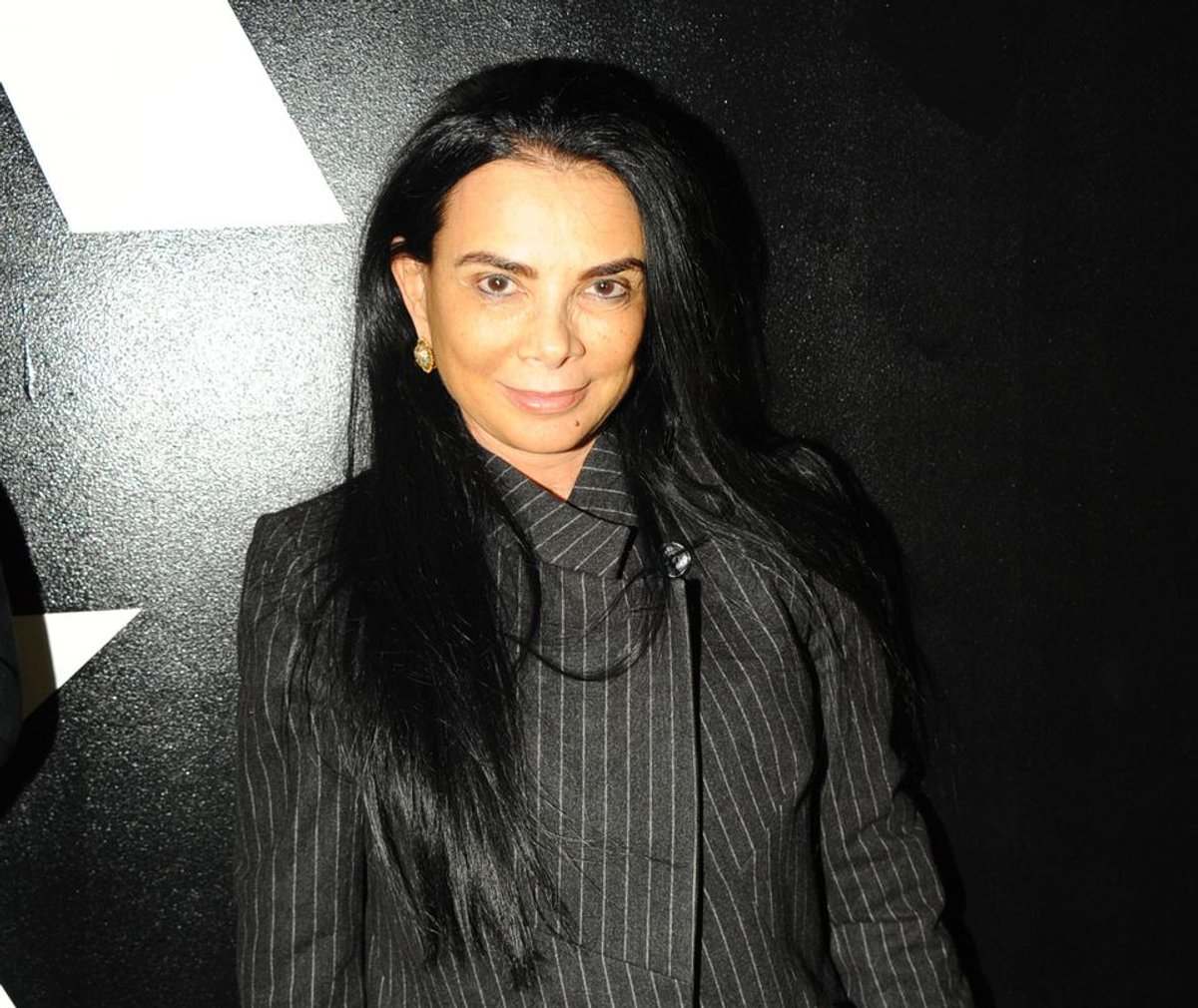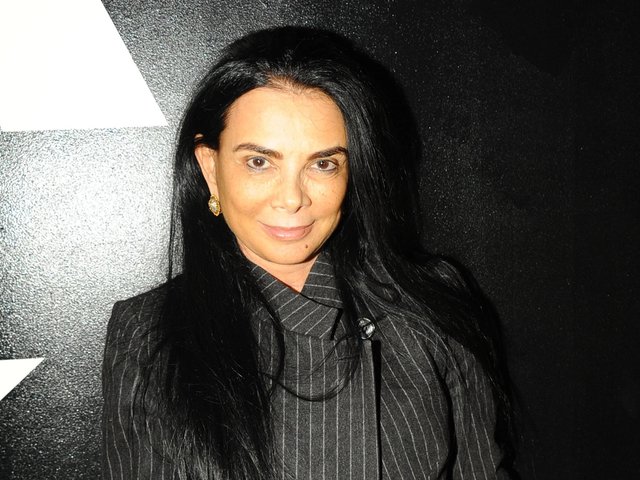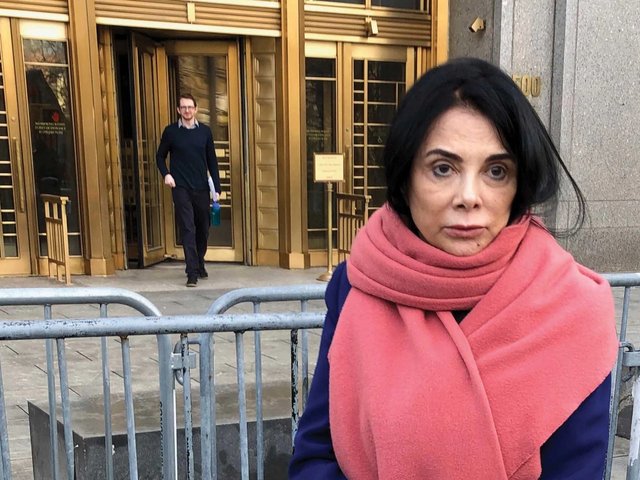Lawyers representing the New York-based art dealer Mary Boone, who faces criminal sentencing this month after she plead guilty to two counts of tax fraud in September 2018, have asked that she be spared from incarceration based on a recent psychological evaluation submitted to a Manhattan federal court. The report argues that trauma and substance abuse, rather than greed, prompted Boone to falsely claim $1.6m in personal expenses as tax-deductible business expenses in 2011.
Facing up to three years in prison for each count of fraud, Boone’s lawyers Robert S. Fink and Michael Sardar filed the forensic psychological evaluation, conducted by Dr. Sanford L. Drob, along with more than 100 character references from family, friends and professional relations in late December, according to the New York Times. High-profile names such as the artist Ai Weiwei and the collector and art publishing magnate Peter Brant are among those who submitted letters of reference.
The psychological report cites early-childhood trauma as a factor in Boone’s tax evasions, suggesting that the untimely loss of her father at just three-and-a-half years old and her mother's resulting financial struggles caused her to become “very fearful about both her health and financial situation” and she found herself the victim of “benign neglect” and concerned with winding up in “abject poverty” after her mother remarried.
The evaluation also includes a testimonial from Boone’s current psychotherapist that the dealer suffers from severe depression and calls into question her cognitive functioning, suggesting that she “is often immersed in fantasy and that she invents and reinvents stories and events in order to defensively protect herself from anxiety”. Suicidal thoughts and attempts as well as a decades-long struggle with substance abuse are also detailed, though affirming she has not used cocaine or alcohol in 20 years.
According to the lawyers’ statement: “Boone's psychological fragility and impaired reality testing-especially with regard to her perception of the actions and intentions of others-will likely significantly impair her adjustment to incarceration and render her vulnerable to increased depression, anxiety, suicidal ideation and further psychological decompensation in prison.”
Boone opened her eponymous Soho gallery in 1977. Known for her stable of big-name artists such as Jean-Michel Basquiat, Eric Fischl and Ross Bleckner—and the even bigger prices she fetched for their works—she has long embodied the excesses of the 1980s art market, and her bullish business tactics made her infamous. According to the court papers, filed in September, Boone reported a $52,521 business loss for the 2011 fiscal year when she had actually sustained a profit of around $3.7m. Using gallery funds, she made $800,000 worth of upgrades to her Manhattan apartment while funnelling another $120,000 toward the rent on another residence where she stayed while the former was under refurbishment. The papers state she “falsely characterised” these and other related expenses as tax-deductible business expenditures, as evidenced in a $500,000 payment to her remodelling contractor listed as an artist “commission.”
Additionally, Boone falsified her individual income tax return for 2011, reporting only a sum of $110,000 in personal and interest income while offsetting it with fictitious business losses allowing her to evade $1.2m in federal taxes. She allegedly also engaged in similar fraudulent behaviour in 2009 and 2010; the IRS calculated losses totalling over $3m, not including penalties and interest.
Boone agreed to pay restitution to the IRS totalling and, according to her lawyers, has paid $6.9m in taxes, interest and penalties to date. In tax fraud cases, it is typical for defendants to ask judges for leniency though these requests are often contested by prosecutors. A rebuttal by Boone’s prosecutors, the US government, has yet to be filed. Sentencing is scheduled for 18 January 2019.




